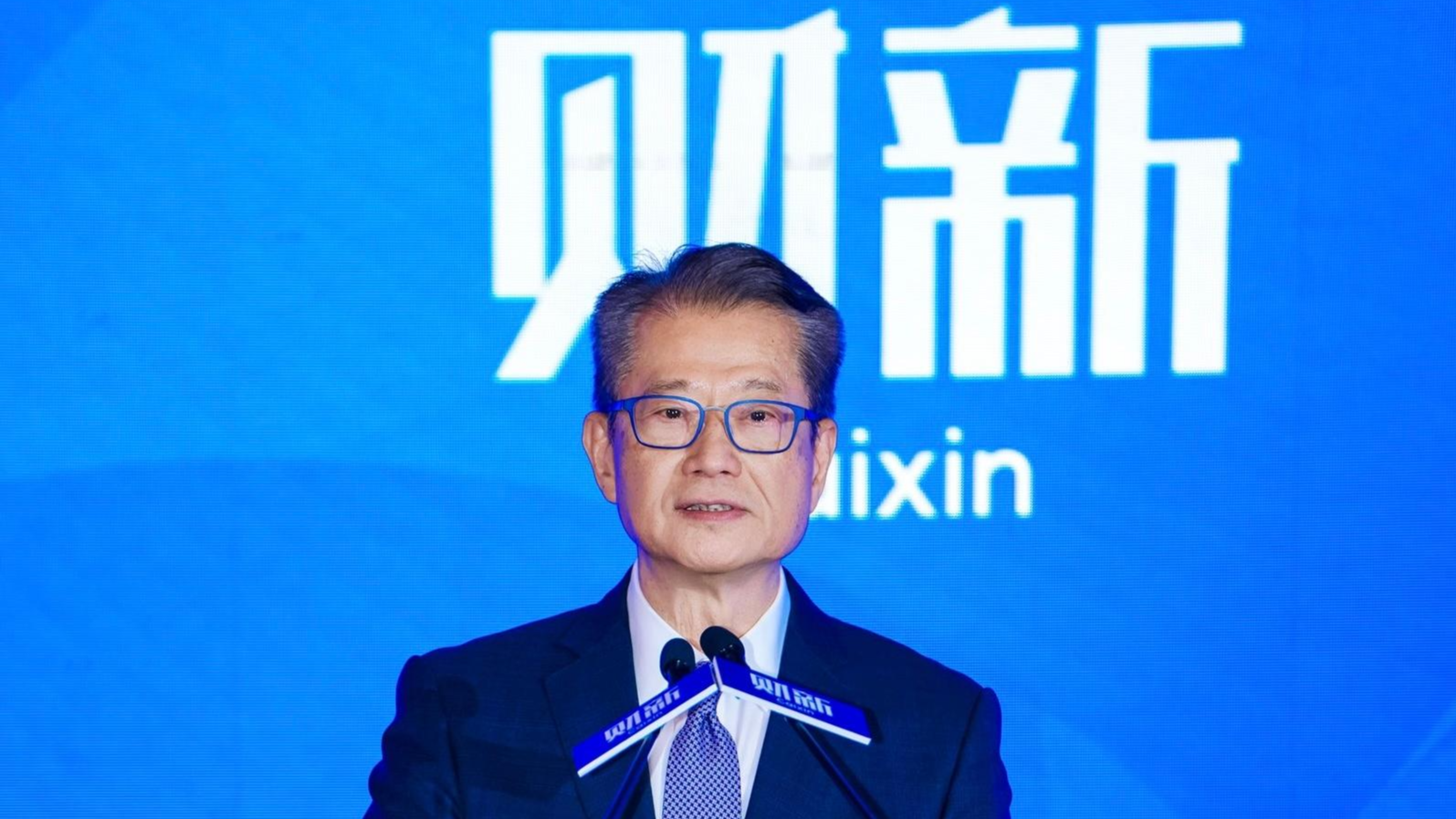
Chinese mainland investors could soon gain easier access to Hong Kong-listed equities using the renminbi (RMB), as part of Hong Kong’s efforts to deepen integration with the mainland’s financial markets.
Julia Leung Fung-yee, CEO of the city’s Securities and Futures Commission (SFC), said on Friday at the Caixin Summer Summit 2025 that authorities aim to include renminbi counters in the southbound channel of the Stock Connect by the end of the year.
The Stock Connect program, launched in 2014, currently allows qualified mainland investors to trade eligible Hong Kong-listed stocks and exchange-traded funds (ETFs) in Hong Kong dollars. The addition of renminbi trading is expected to draw more Chinese currency flows into the special administrative region’s capital markets.
READ MORE: Dual listings on HK stock exchange flavor of season
Deepening market integration between Hong Kong and the mainland remains a priority, Leung said, adding that the scope of Stock Connect has seen great expansion over the past decade — from stocks and bonds to ETFs and derivatives.
Her remarks come as global investors seek to diversify their asset allocations amid growing uncertainties.
In May, a large amount of international capital flowed into mainland A-shares and Hong Kong equities, Leung said. This is a departure from the traditional practice during global market volatility, when funds typically flow from the Asia-Pacific region into United States Treasury as a safe haven.
International investors are accelerating their allocation into non-US dollar assets to mitigate risks, she said. Global investors have reduced their US Treasury holdings and the US Dollar Index has dropped by 5 percent.
Hong Kong is positioning itself to tap into the opportunities emerging from these changes by strengthening its role as a leading wealth management center and financing hub.
Leung said the securities regulator is in talks with some high-quality Chinese companies that are listed overseas and considering returning to Hong Kong for listings amid China-US trade tensions. The SFC plans to make it easier for existing investors to continue trading these companies’ stocks in the Hong Kong market, she added.
Over the past year, several A-share firms have gone public in the SAR with backing from China’s securities regulator and achieved strong performance, Leung said, adding that the city will continue to leverage its role as a financing platform to support mainland companies in strengthening their international footprint.

Hong Kong Financial Secretary Paul Chan Mo-po echoed Leung’s view at the summit. He said the SAR government has been proactively attracting more mainland corporate giants eyeing global expansion to raise capital in Hong Kong.
READ MORE: HK stocks rise as nation signals potential trade talks
The Hang Seng Index — the benchmark of Hong Kong stocks — has surged more than 20 percent so far this year, outperforming major markets globally.
Hong Kong banks’ liquidity coverage ratio — a regulatory metric that measures short-term liquidity risk — stands at nearly 170 percent, while the capital adequacy ratio is at over 20 percent, both well above international standards. Bank deposits in the city have also reached HK$18 trillion ($2.29 trillion).
These financial figures have demonstrated that international investors have cast a vote of confidence in Hong Kong’s capital markets with both money and concrete actions, Chan said.
Contact the writer at irisli@chinadailyhk.com


